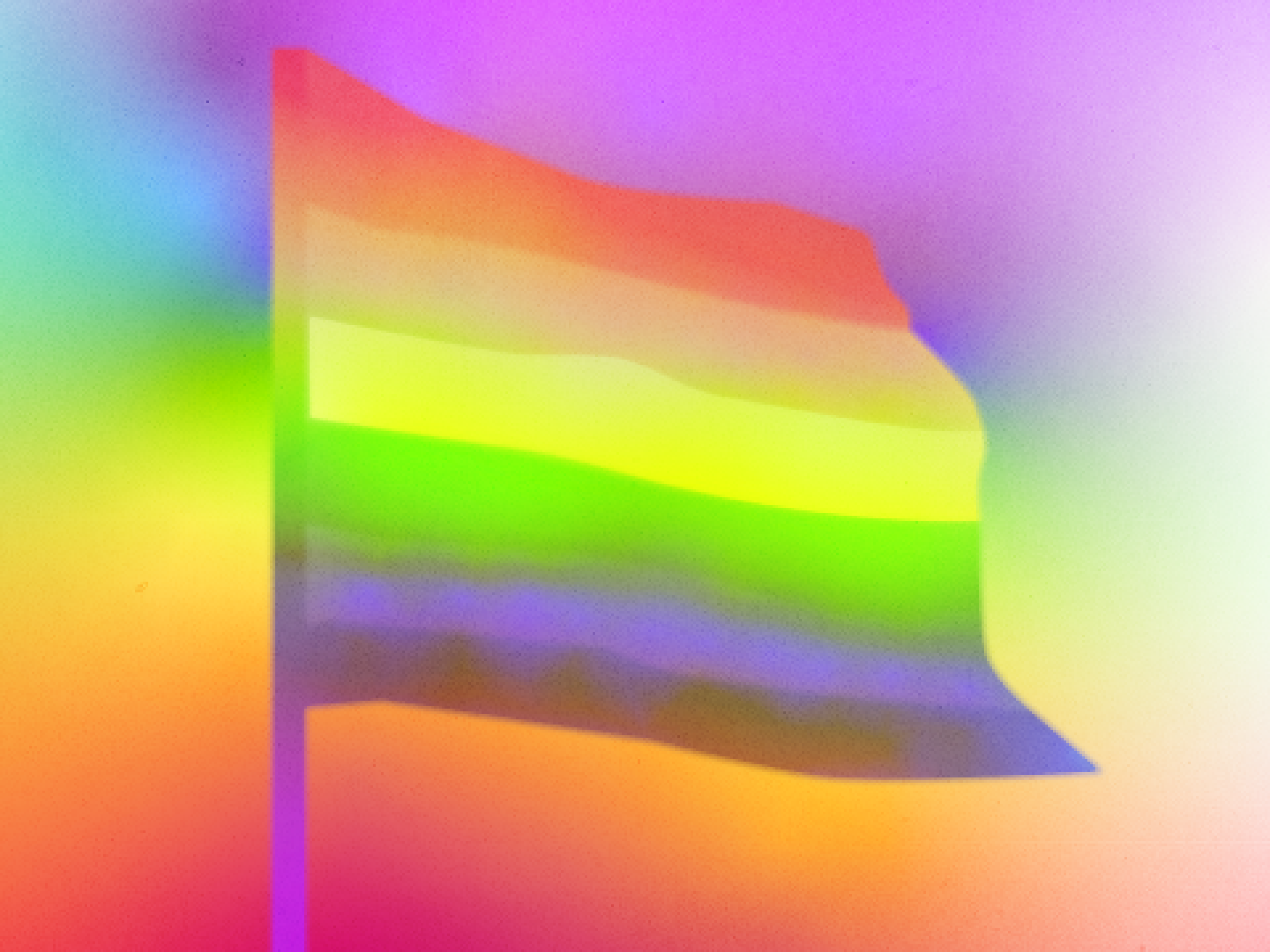National Coming Out Day
National Coming Out Day honors and celebrates anyone “coming out” as an LGBTQ+ person.

National Coming Out Day honors and celebrates anyone “coming out” as an LGBTQ+ person.
Origin
National Coming Out Day began in 1988 to mark the one-year anniversary of the 1987 National March on Washington for Lesbian and Gay Rights. The March, which occurred during the height of the AIDS crisis and the Supreme Court’s ruling upholding Georgia’s anti-gay sodomy laws, rallied for increased funding for AIDS research and against anti-gay laws. Speakers at the 1987 march emphasized the freedom of—and power in—gay visibility.
Activists Robert Eichberg and Jean O’Leary founded National Coming Out Day to keep up the momentum of the 1987 march. At the time, “coming out” (a euphemism for living openly as a LGBTQ+ person) was particularly fraught, with many anti-gay laws on the books around the United States.
Today, as more states pass discriminatory laws aimed at the LGBTQ+ community, coming out continues to be a powerful act for LGBTQ+ people.
Traditions
As the Human Rights Campaign (HRC) points out, coming out isn’t a one-time event. “It’s a decision that we make every single day of our lives,” the HRC says. They also offer a variety of resources for those coming out and for allies.
What to say
There is no greeting for National Coming Out Day and one may seem inappropriate. Instead, support those in your life who may open up to you about their identity or sexuality. If you are coming out yourself, treat yourself with kindness as you process what may be an overwhelming event.